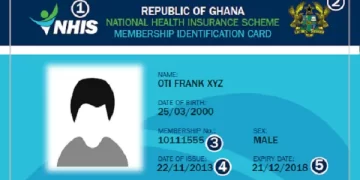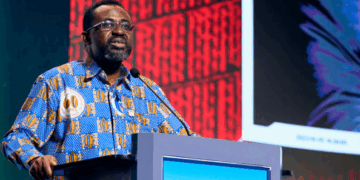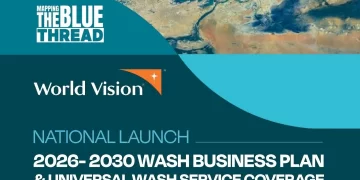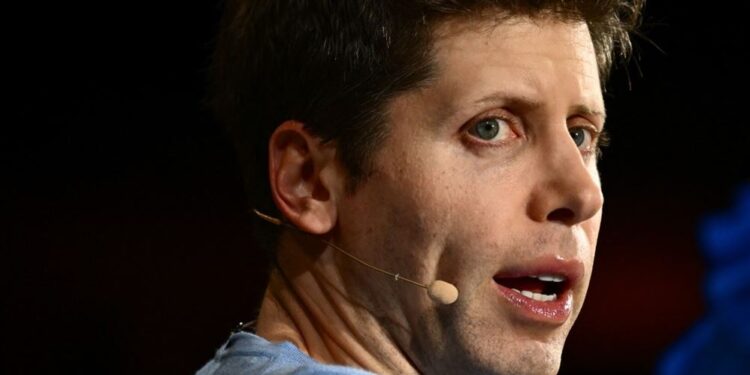OpenAI has officially introduced the highly anticipated GPT-5, claiming it can provide PhD-level expertise across various fields. Billed as “smarter, faster, and more useful,” OpenAI co-founder and CEO Sam Altman praised the new model as a milestone in the evolution of ChatGPT.
“I think having something like GPT-5 would be unimaginable at any previous time in human history,” he remarked ahead of Thursday’s launch. The release of GPT-5 comes as tech companies compete to develop the most advanced AI chatbots.
Elon Musk recently made similar claims about his AI chatbot, Grok, which is integrated into X (formerly Twitter). During Grok’s latest launch, Musk asserted it was “better than PhD level in everything” and dubbed it the world’s “smartest AI.”
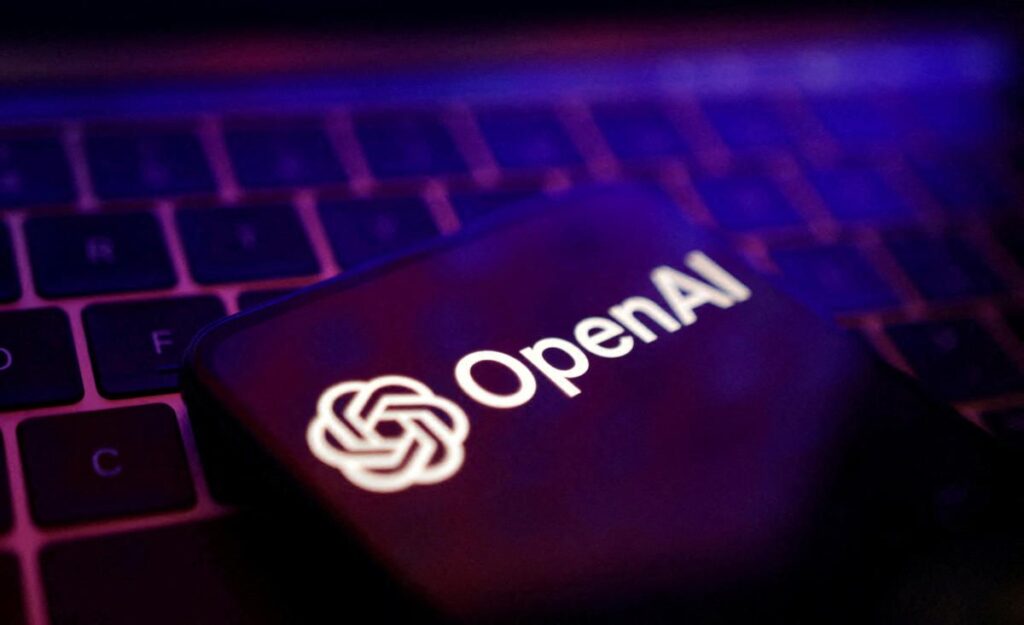
In contrast, Altman highlighted that GPT-5 would experience fewer “hallucinations”—instances where large language models generate inaccurate answers—and would be less likely to deceive users.
OpenAI is also marketing GPT-5 as a capable assistant for coders, aligning with trends among major American AI developers, including Anthropic, whose Claude Code targets the same audience.
What Can GPT-5 Do?
OpenAI emphasizes GPT-5’s ability to create entire software applications and demonstrate improved reasoning skills, providing answers that include workings, logic, and inference. The model has been trained to be more honest and deliver more accurate responses, aiming to feel more human-like.
According to Altman, GPT-5 represents a significant leap over its predecessors. “GPT-3 felt like talking to a high school student… 4 was like conversing with a college student. GPT-5 is the first time it feels like talking to an expert in any topic, like a PhD-level expert,” he explained.
However, Professor Carissa Véliz from the Institute for Ethics in AI cautioned that GPT-5’s launch may not be as groundbreaking as its marketing suggests. “These systems, as impressive as they are, haven’t proven to be truly profitable,” she noted, adding that they can only mimic, rather than fully emulate, human reasoning.
“There is a concern that we need to maintain the hype, or else the bubble might burst, making it seem like mostly marketing,” she added.
Another ethics expert pointed out that GPT-5’s launch highlights the growing divide between AI capabilities and the public’s expectations for governance. “As these models become more capable, the need for comprehensive regulation becomes increasingly urgent,” said Gaia Marcus, Director of the Ada Lovelace Institute.
The BBC’s AI Correspondent, Marc Cieslak, had exclusive access to GPT-5 prior to its official launch. He noted that aside from minor cosmetic changes, the experience remained similar to previous versions, functioning through text prompts. The model is now powered by what’s called a reasoning model, which enhances its problem-solving abilities, but this seems more like an evolution than a revolution.
GPT-5’s rollout also raises concerns for commercial enterprises regarding the use of their content. “As AI-generated content becomes more convincing, we must ask ourselves if we are protecting the people and creativity behind it,” said Grant Farhall, chief product officer at Getty Images. “Authenticity matters, but it doesn’t come for free.”
OpenAI plans to make the model available to all users starting Thursday, and it will soon become clearer whether it lives up to Altman’s claims.
Clash with Other AI Firms
In related news, Anthropic recently revoked OpenAI’s access to its application programming interface (API), alleging that OpenAI violated its terms of service by utilizing its coding tools ahead of GPT-5’s launch. An OpenAI spokesperson stated that evaluating other AI systems to assess their own progress is “industry standard.”
“While we respect Anthropic’s decision to cut off our API access, it’s disappointing considering our API remains available to them,” they added.
With a free tier for the new model, OpenAI may be signaling a shift from the proprietary models that have previously dominated its offerings.
ICYMI: ‘Support Must Be Sustainable’: Fisheries Minister on Youth in Aquaculture
ChatGPT Changes
On Monday, OpenAI announced changes aimed at fostering healthier relationships between users and ChatGPT. In a blog post, it noted that AI can feel more responsive and personal than previous technologies, particularly for vulnerable individuals facing mental or emotional distress.
Rather than providing definitive answers to personal questions, it will help users think through their decisions by asking questions and weighing pros and cons.
In May, OpenAI retracted an update that made ChatGPT “overly flattering,” according to Altman. He acknowledged that while the technology holds great promise, it also presents challenges, including the potential for problematic relationships between users and AI.
Altman has expressed admiration for the film Her, which explores a man’s relationship with an AI companion. In 2024, actress Scarlett Johansson, who voiced the AI in the film, expressed her shock and anger when OpenAI launched a chatbot with a voice eerily similar to her own.
SOURCE: BBC



